By: Professor Pervaiz Ahmed, Monash University Malaysia*
halal-industry-potentially-boost-national-economy.html/halal-industry" rel="attachment wp-att-94012">halal-industry.jpg" alt="" width="308" height="164" />IS “halal” a misinterpreted concept even in Muslim-majority countries? Do we understand Islam fully? Do we make an attempt to understand the philosophical tenets of Islam?
Over the years, Islamic education has slowly turned apocryphal. (I am talking about how things have been interpreted over the years.) Islam can be misconstrued as being extremely procedure-driven and ritualistic. People follow these procedures and rituals but don’t actually comprehend fully why they do it. They need to understand the significance of doing something, but unfortunately there is a missing link. The concept of halal is a good example of this.
In Arabic, halal is essentially about permissibility concerning individuals of the Islamic faith. Currently, what is permissible and impermissible has become a hotly debated subject.
Also Read: Packaging Industry Supports Halal Ecosystem
Let’s look at alcohol. While most Islamic countries ban all forms of alcohol, the use of alcohol in its chemical form is permissible in some societies for cleaning purposes. Similarly, perfumes are acceptable in certain societies. What Islam emphasises are the effects of alcohol on people but not the origin or form of alcohol. It is, after all, a chemical in its purest form.
The concept of halal is misunderstood and misinterpreted in different ways in different societies. Most people tend to associate it with food. However, halal touches every aspect of our life. If you look at the food supply chain, the halal sign signifies the process from farm to fork.
But what about the food you feed the animals? There could be elements in the feed that are not permissible. That’s what the halal sign signifies. The problem is most people think it’s just about how you slaughter the animal.
The way you treat animals is also an important consideration. For example, using harmful chemicals to stimulate the growth and fattening of poultry is not halal. The holy Quran clearly states that animals have their rights and you need to respect those rights. Mistreating animals is not permissible. The holy Quran and the history of Islamic civilisation proffer many examples of kindness, mercy and compassion for animals.
Also Read: 7th World Halal Summit Held in Istanbul
To truly understand and appreciate the concept of halal, we also need to understand the halal ecosystem. In areas where the soil is riddled with arsenic chemicals, this is not halal. Hence, vegetables grown in such land are not halal.
At Monash University, we have a team of researchers working on a Halal Research Platform project. Research is a fundamental part of Islam.
One of our key areas is the study of traceability. We can trace poultry to a particular farm, study the genetic makeup of chickens and understand their stress levels. Eating meat of animals that are highly stressed is not good for one’s health. Our research also involves understanding the role of halal in economic development.
Halal is a multi-dimensional concept. For halal to withstand scrutiny, it must create a value proposition that is higher than the current offerings.
Also Read: Halal Tourism Pays Attention to Tourist Comfort
Halal is also an opportunity for all, not just for Muslims. There is no reason why non-Muslims should not engage with or be a part of this ecosystem. When non-Muslims make it a way of life to purchase and consume halal products, then we can confidently say halal has come of age.
*This article first published at halal-touches-every-aspect-of-life/">The Star Online
Miraj News Agency (MINA)
Also Read: Sheikh Watteau Supports Philippine Halal Certification Through ISO





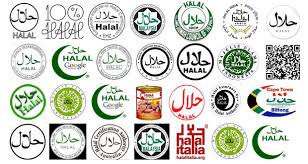





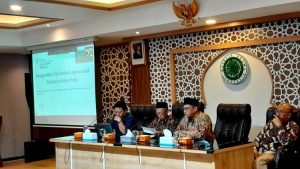




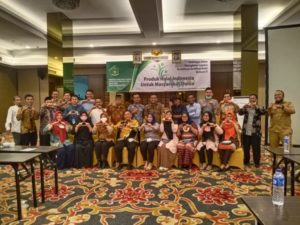
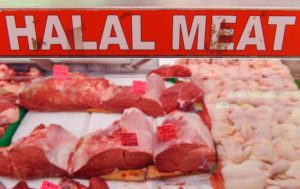

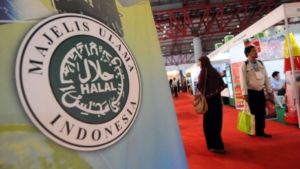
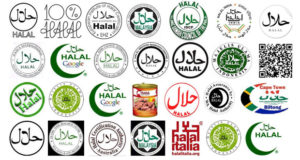










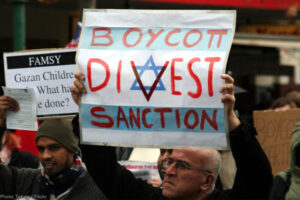




 Mina Indonesia
Mina Indonesia Mina Arabic
Mina Arabic